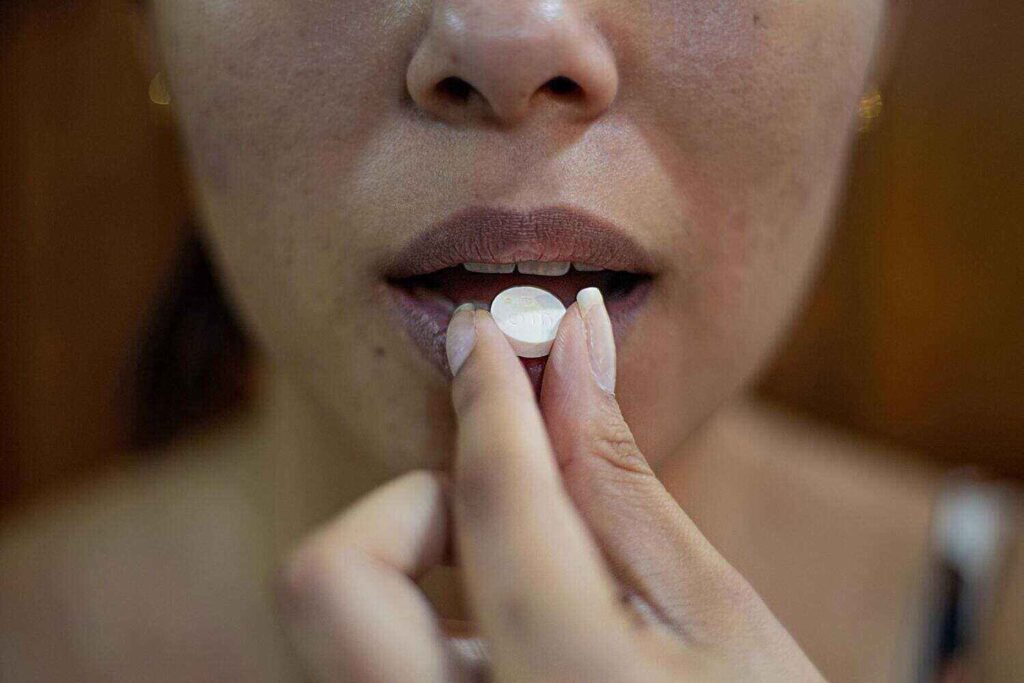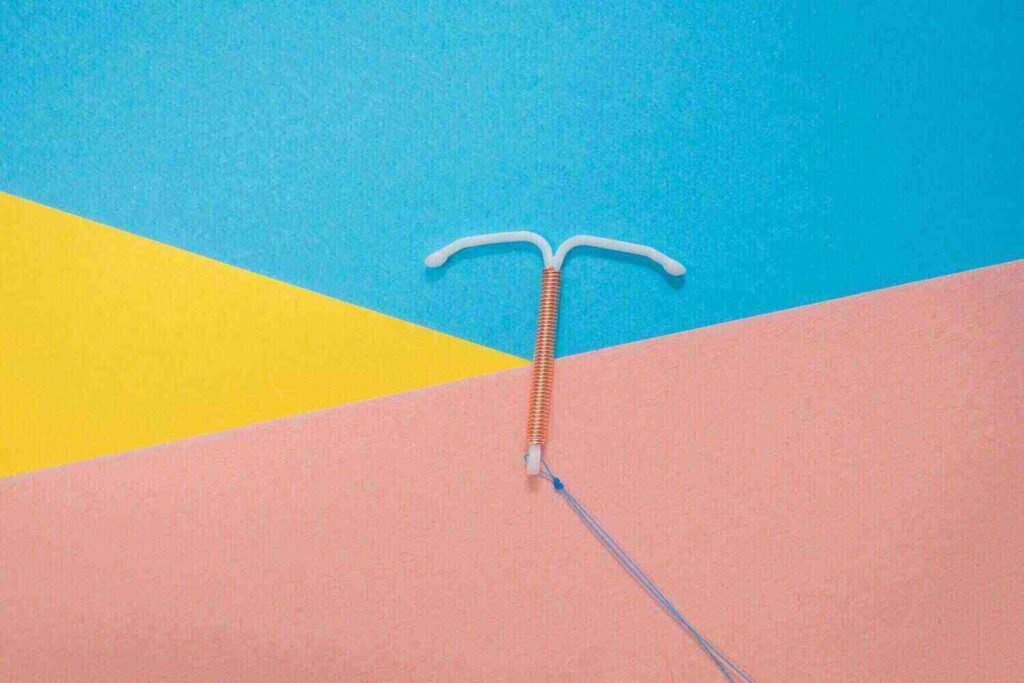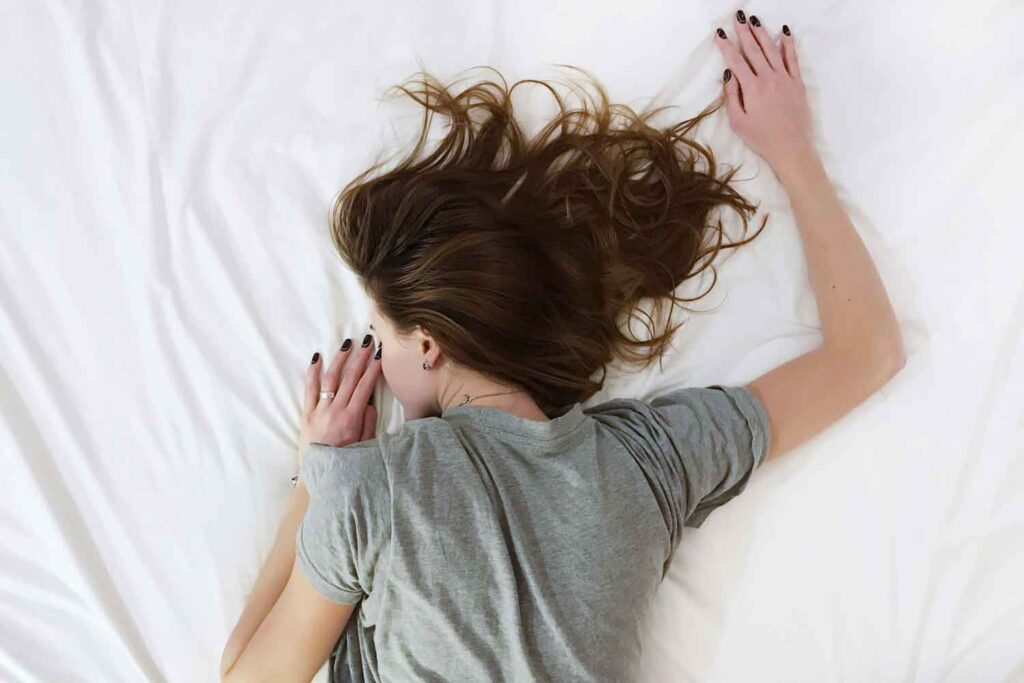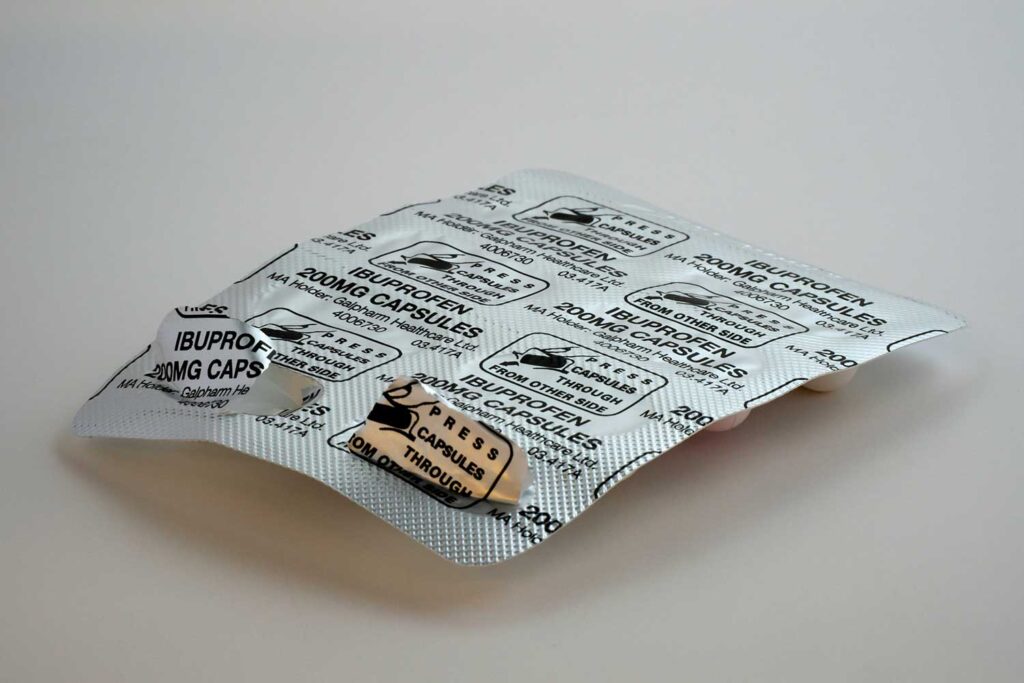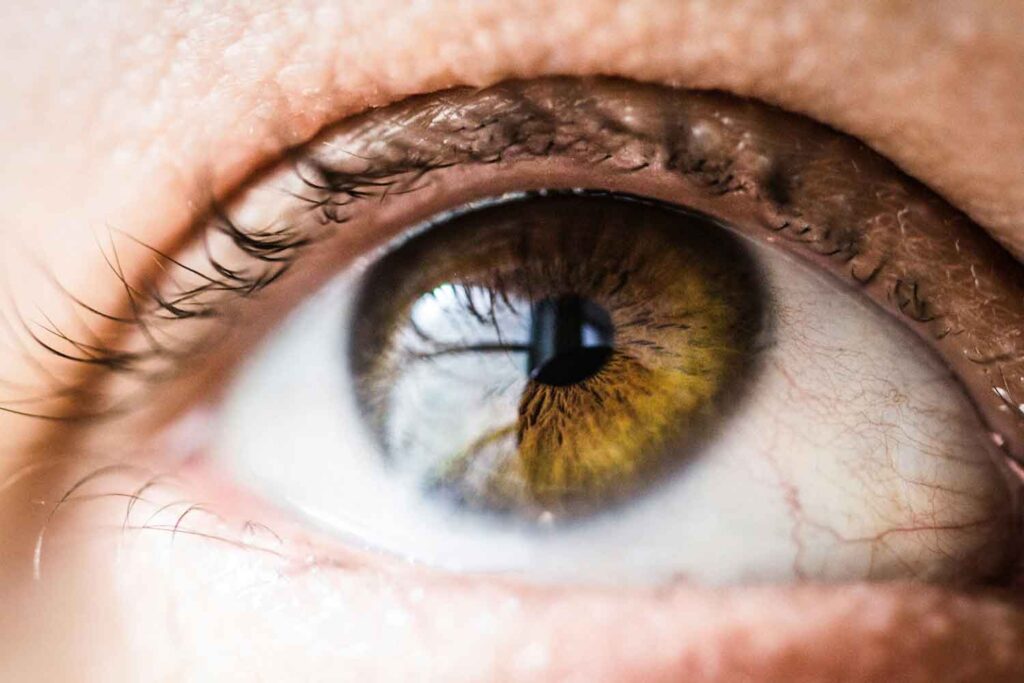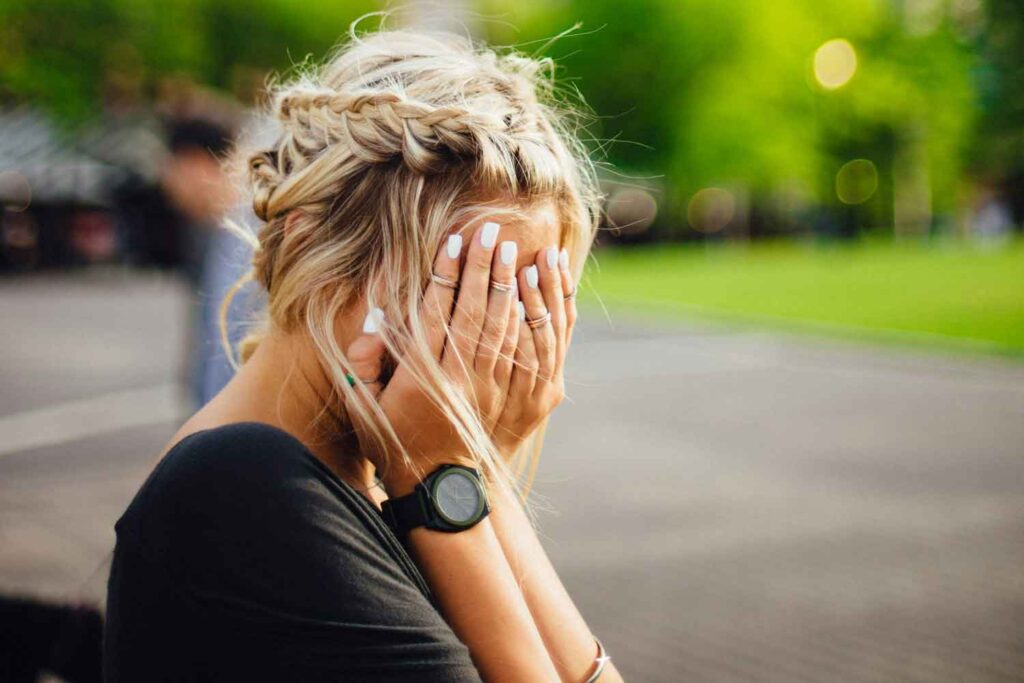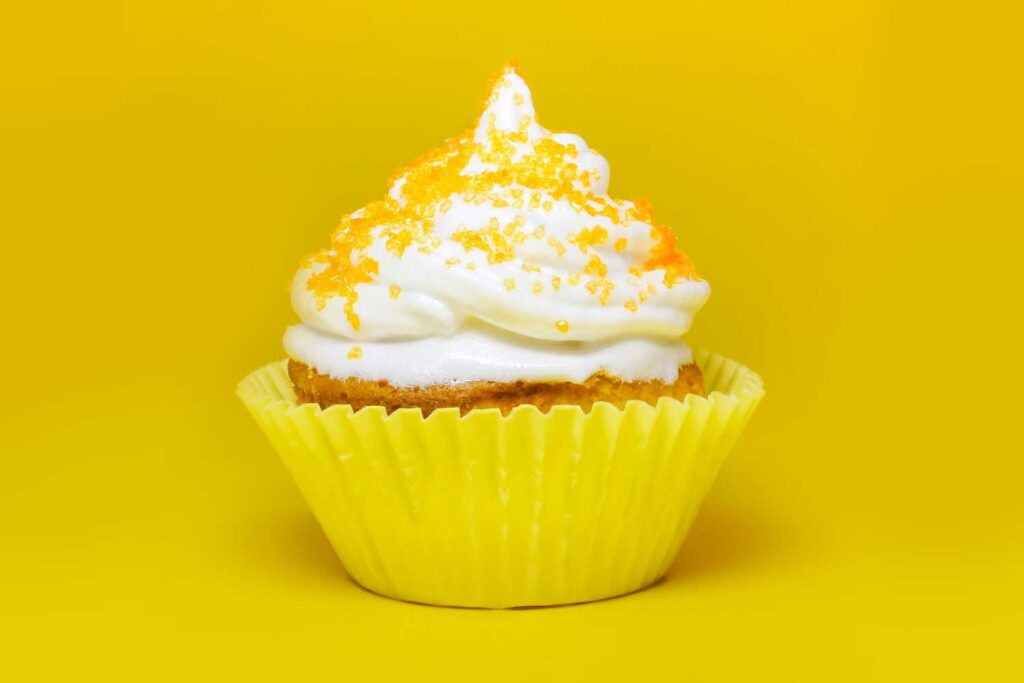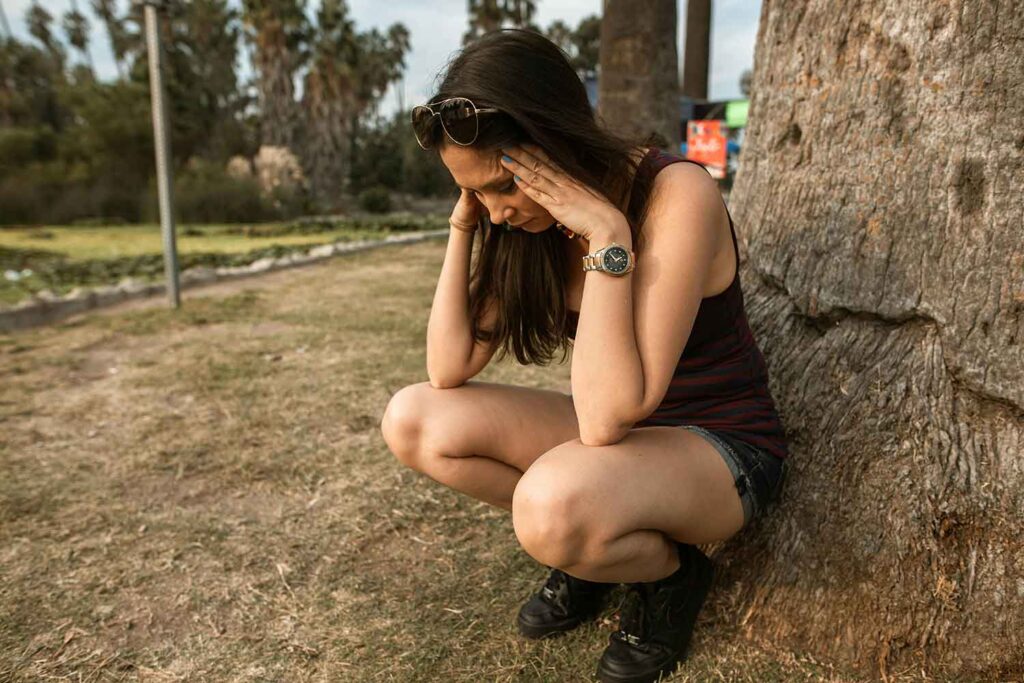Does Weed Make You Dream More?
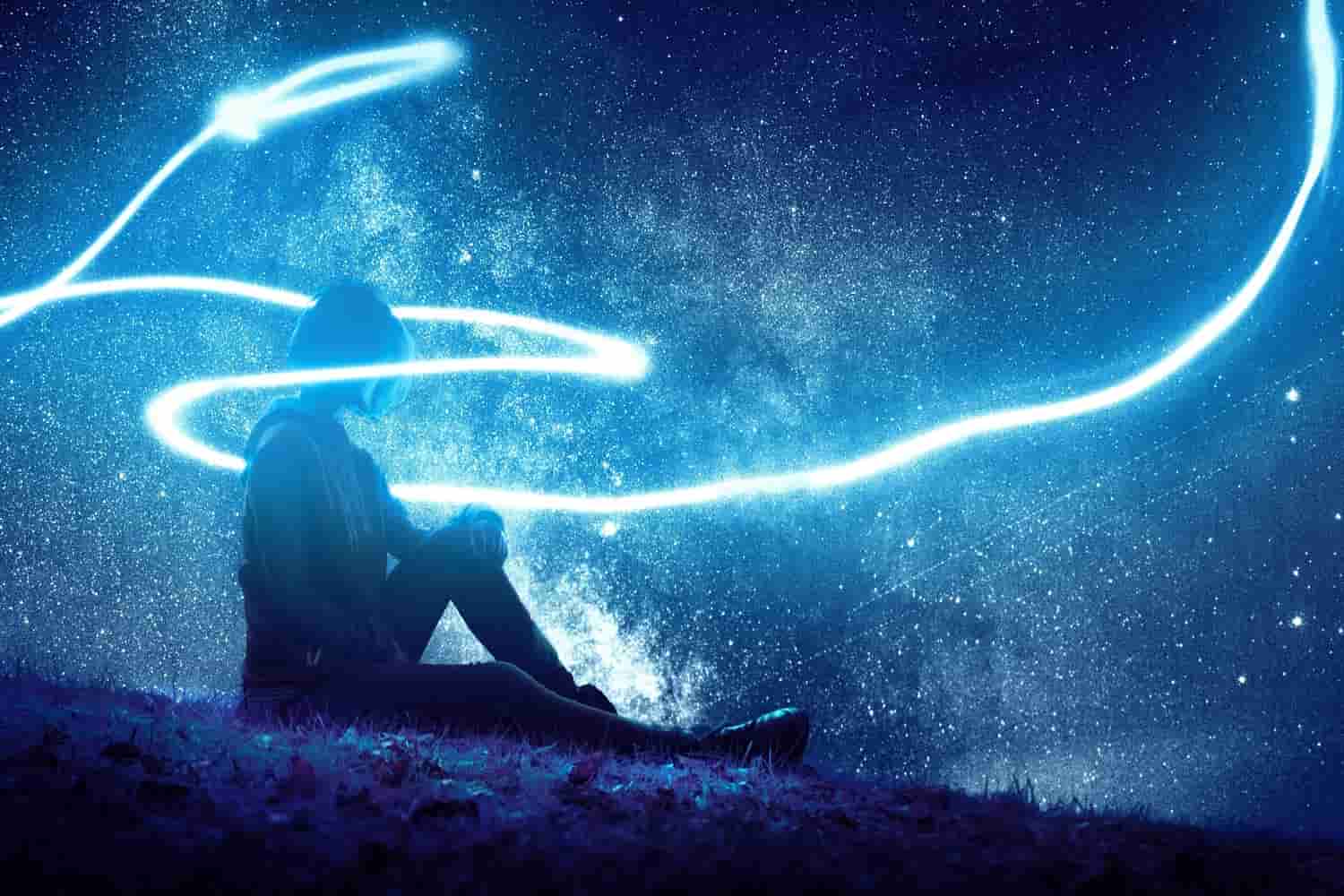
Weed is said to do many things, improve your sex life, dull pain and promote restful sleep. However, stoners are reporting that weed affects their dreams. But how? Does weed make you dream more? Does it make you dream less? This is what we know about weed and dreams.
Photo: Unsplash
Does Weed Really Affect Sleep?
Yes, it does!
First, we have to look at how weed affects sleep. Many stoners find that using weed before bed provides them with a night of restful sleep. Stoners report that weed makes them drowsy and wake up without grogginess.
Science supports this claim. According to a study, participants self-reported:
- shorter sleep latency
- less difficulty falling asleep
- more daytime sleep the following day
These results were significantly associated with higher concentrations of THC and 11-OH-THC concentrations used in the evening. However, the duration of nighttime sleep decreased slightly.
On the contrary, people who take a break from weed, report that they have trouble falling asleep. Insomnia is one aspect of weed withdrawal and so that’s normal.
The point is, that sleep definitely affects sleep in some way, but what about dreams?
Does Weed Affect Dreams?
According to Vice, weed can affect your dreams too. Stoners often report that they don’t have dreams and the dreams they do have, aren’t as vivid. On the other hand, stopping weed can cause vivid dreams.
One study says, “Smoked marijuana and oral Δ-9-tetrahydrocannabinol (THC) reduce REM sleep.” That’s the sleep cycle in that you usually experience dreams in.
Let’s talk about sleep cycles a little bit.
Dr. Hans Hamburger, a sleep expert, explains to Vice that you usually have 4 to 5 cycles of sleep per night that last about 90 minutes each. In addition to REM sleep, there is superficial sleep and deep sleep.
Your dreams, according to Vice , “help you sort through the thousands of impressions and images you encounter every day.”
However, when you smoke weed regularly, as Hamburger confirms, REM sleep and many of its functions are suppressed. Some of the functions of REM sleep are:
- Reliving and coming to terms with your experiences
- Processing psychological influences
- Anticipating your days and weeks ahead
This can actually have negative effects. According to Vice, not having REM sleep can leave you dazed and confused in the daytime. This could explain why you may be leaving tasks and decisions until the last minute or general forgetfulness.
The Argument Against Weed Affecting REM Sleep
Not everyone is convinced that weed affects REM sleep.
Dr. Timothy Roehrs, a sleep expert, told Cut the evidence between weed and REM sleep was “extremely weak and equivocal”. Cut pointed out that there were only 6 studies on the matter and many are old.
In Roehrs’ study that was conducted with his colleague Leslie Lundahl, they didn’t see any evidence of weed affecting REM sleep. Admittedly, their study wasn’t specifically focused on weed and dreams. The study, which took place in a sleep lab involved heavy marijuana users alternating between smoking weed with a THC concentration of 3% and a placebo of 0.4% THC concentration. The participants’ sleep was compared to people who weren’t heavy weed users and weren’t given weed during the study.
According to Cut, if weed affects REM sleep, there should be notable differences in the REM sleep patterns between the stoners and non-stoners. In addition to that, the 3% weed should affect REM sleep in a way that the placebo doesn’t among the participants.
Interestingly, that didn’t happen. Roehrs told Cut, “smoking the 3 percent THC marijuana relative to smoking the placebo marijuana had no effect on REM sleep.” In addition to that, when both the controlled group and stoners had no weed, they got the “same amount of REM sleep”, according to Roehrs.
So Why Don’t Stoners Remember Dreaming?
Roehrs found other ways that weed affects sleep. According to him, the stoners had lower amounts of slow-wave sleep when they had placebo marijuana. As Roehrs explained to Cut, that type of sleep is described as restorative and deep. The stoners also displayed poor sleep efficiency when they took the placebo which in this study meant they only slept 80% of the time. Their sleep was normalized when they had the actual weed. Therefore that shows that weed does affect sleep, in positive ways. These results, according to Cut, could explain the lack of dreams for stoners.
Roehrs says that when you wake up from REM sleep, you remember your dreams better. However, if you sleep through your REM sleep you’re less likely to remember your dreams. Therefore, if weed helps you sleep through your REM sleep, you may think you don’t dream.
This explanation may make sense for people who stop weed and suddenly start remembering vivid dreams. Roehrs said, “If you’re going to awaken suddenly in the night as part of that withdrawal process, it’s pretty likely that awakening will occur during REM sleep, raising the likelihood that you’ll remember whatever you were dreaming about vividly.”
While this research is unpublished and is just one study, it offers an alternate and plausible explanation.
Conclusion
Does weed make you dream more? It’s hard to say if weed actually makes you dream more. There definitely seems to be a relationship between sleep and weed and by extension dreams. Some scientists posit that you appear to dream less on weed because it disrupts REM sleep which is when people usually dream. However, other scientists say that weed doesn’t appear to affect REM sleep but it may affect sleep in other ways that give the perception of a lack of dreams.

